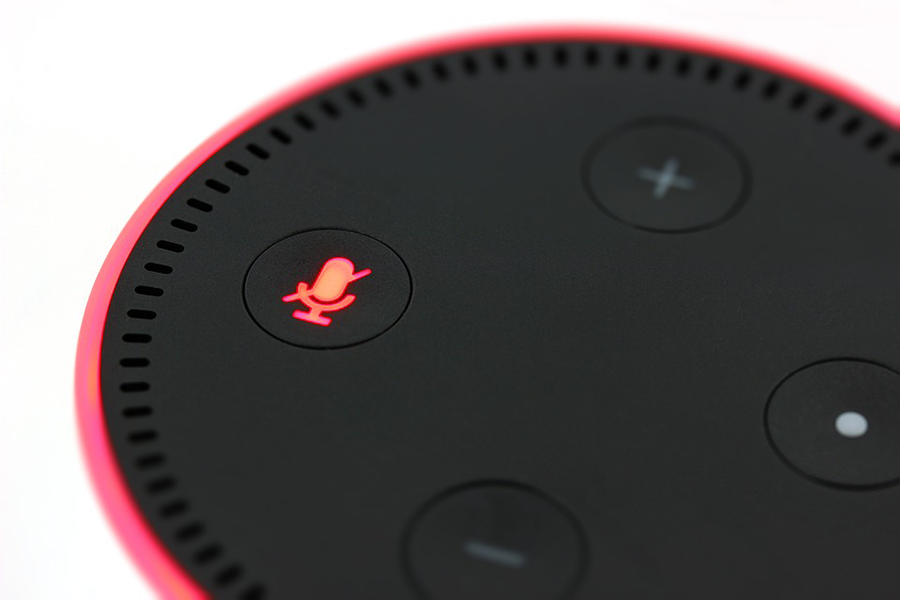Walmart and Amazon have both recently been granted patents for novel uses of biometric sensing. Amazon was granted patent for an Alexa feature that would allow the device to analyze people’s voices for signs of illness and recommend treatment and Amazon competitor Walmart received patent for a connected shopping cart handle that can detect the customers biometric data such as palm temperature, heart rate, grip force, and walking speed.
Read more Walmart completes Acquisition of India’s Flipkart for $16 Billion
These patents do not guarantee that Amazon and Walmart will make those products, but the patents mean the companies have given those ideas considerable thought.
If Amazon rolls out its newly patented software, Echo would listen not just for the user’s words, but will be able to recognize things like tone of voice – which could include stress, fatigue, or frustration – and even things like sniffles and coughs, which might prompt the device to recommend remedies, reports MobiHealthNews.
“For example, the voice interaction device may determine that the user coughed while uttering the phrase, and/or that the user sniffled after completion of the phrase,” the patent reads. “A current physical and/or emotional condition of the user may facilitate the ability to provide highly targeted audio content, such as audio advertisements or promotions, to the user. In FIG. 1, the voice interaction device 110 may optionally determine a follow-up inquiry of ‘would you like a recipe for chicken soup?’ in response to the user’s utterance regarding hunger.”

Meanwhile, Walmart’s patent shows that the company is considering measuring customers’ health and moods through their skin. The pending application describes a connected shopping cart handle with built-in biometric readers that could learn things about customers’ body temperature, walking speed, grip, and heart rate and offer different types of assistance.
Read more Snapchat’s New Feature Lets You Take a Photo of an Item to Buy it on Amazon
“The server can, over time, build a table of the data associated with a customer’s visit to the store, the table being made of the biometric data and/or the non-biometric cart data. Specifically, as the data is received the data can be recorded and added to the table. In addition, within the table can be values and data extrapolations based on the other data,” the patent says. “For example, the server can create, within the table, a metric for the customer’s stress. This stress estimate can, for example, be calculated by weighting the biometric and non-biometric factors. As one example, if a customer’s temperature is increasing while the customer’s grip on the shopping cart handle simultaneously increases in force, the stress estimate may increase.”









